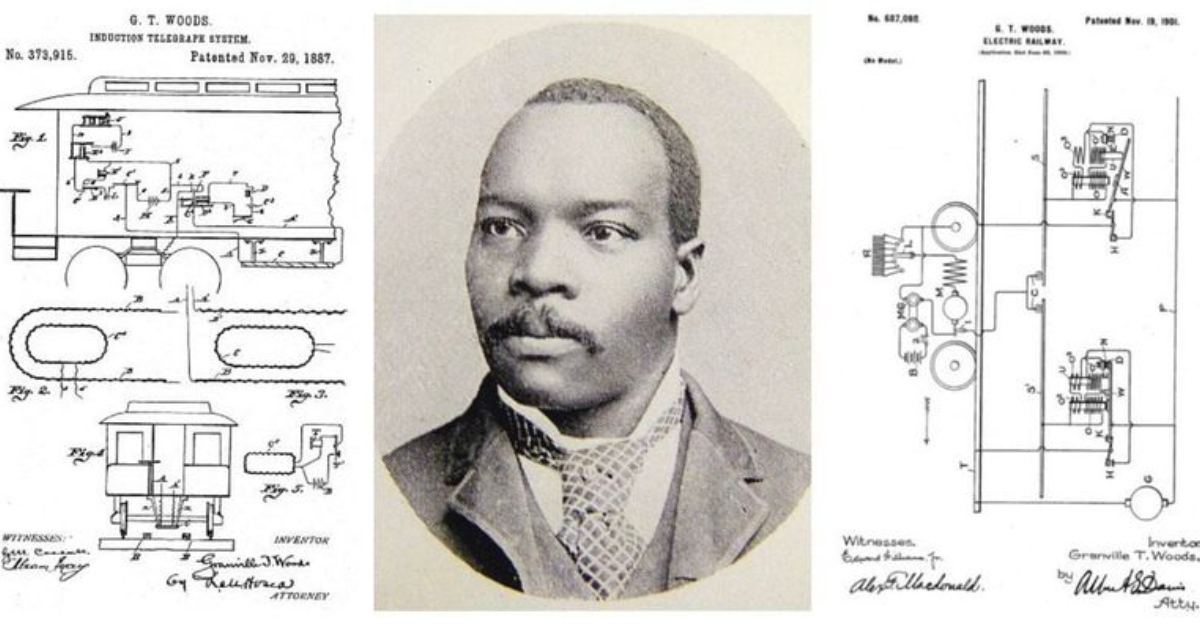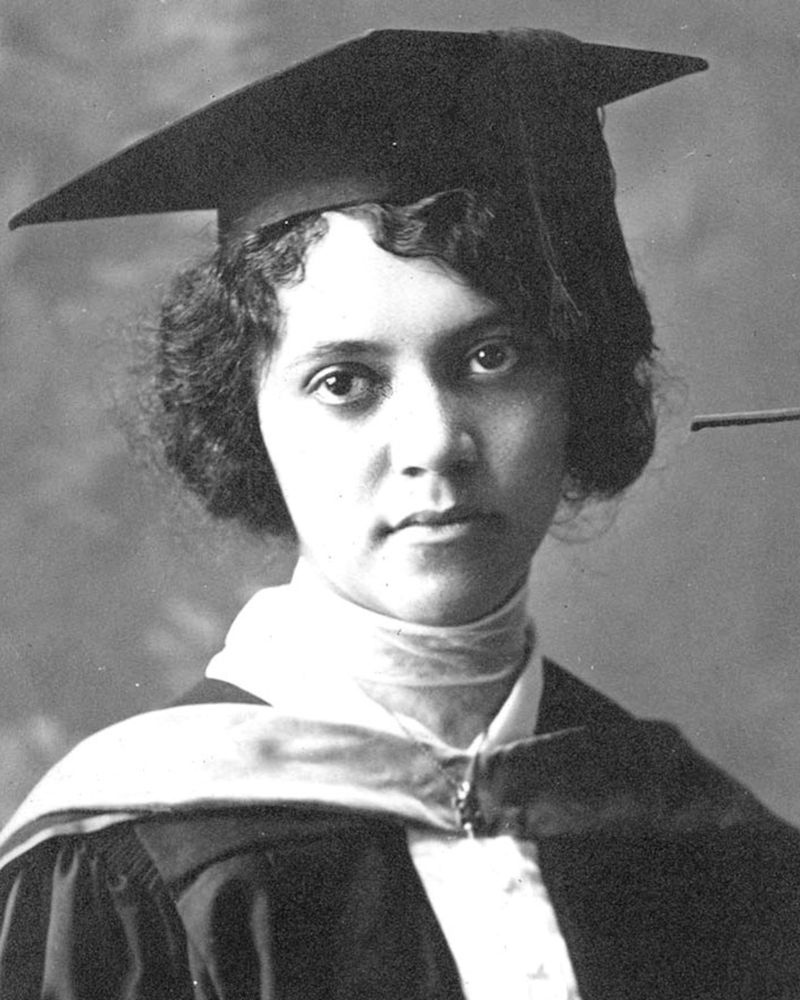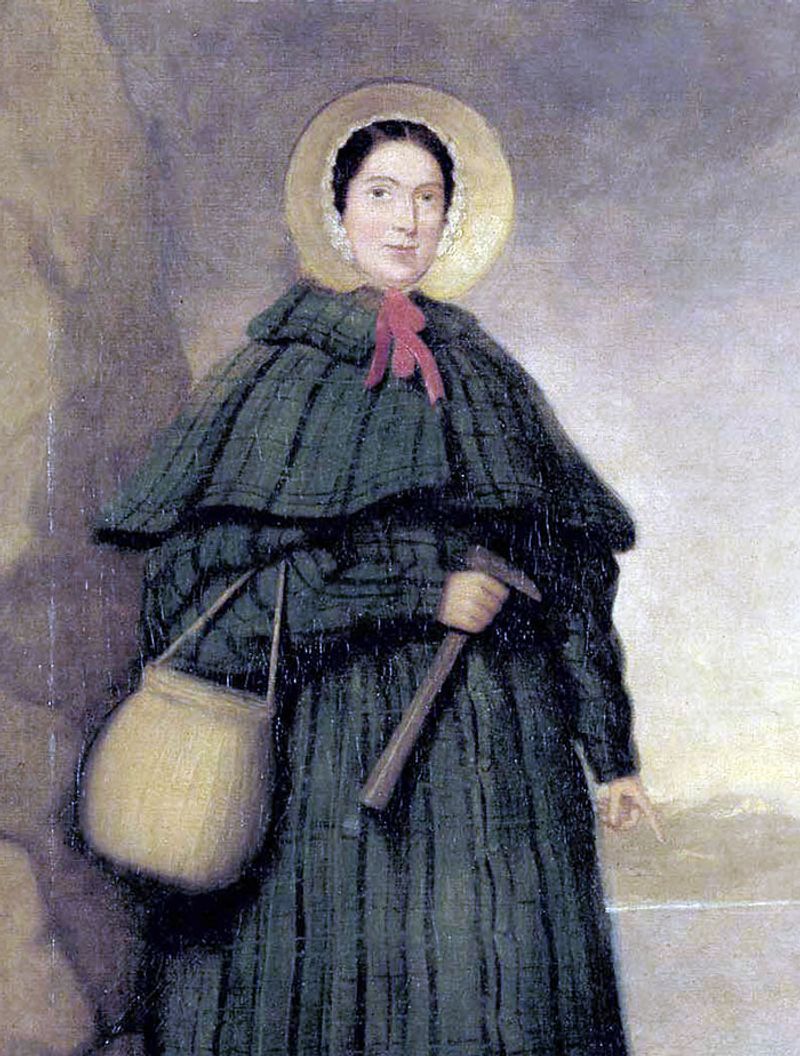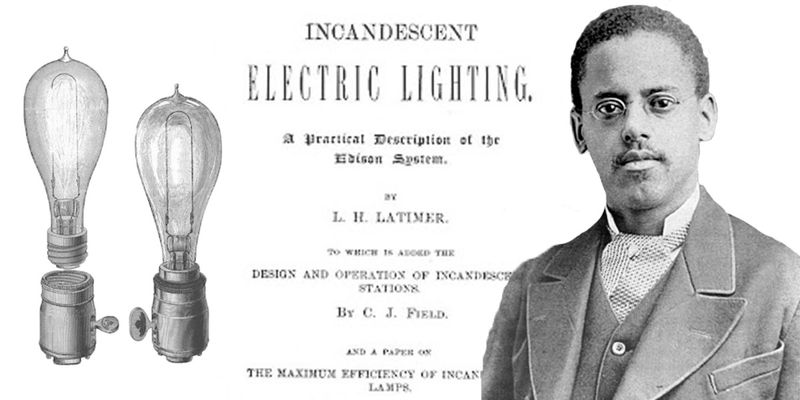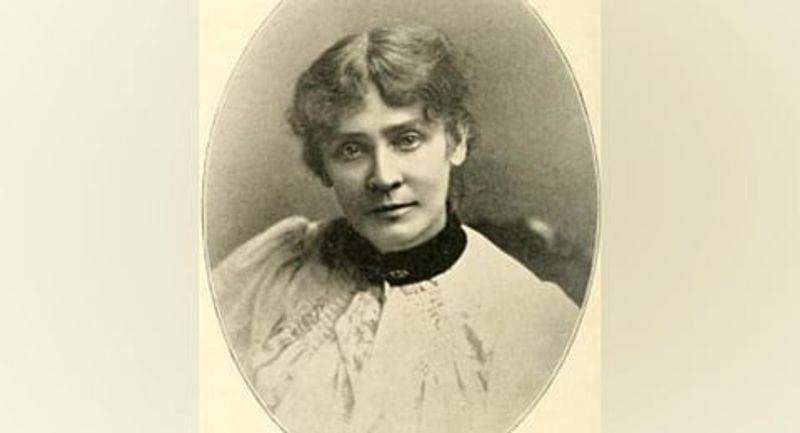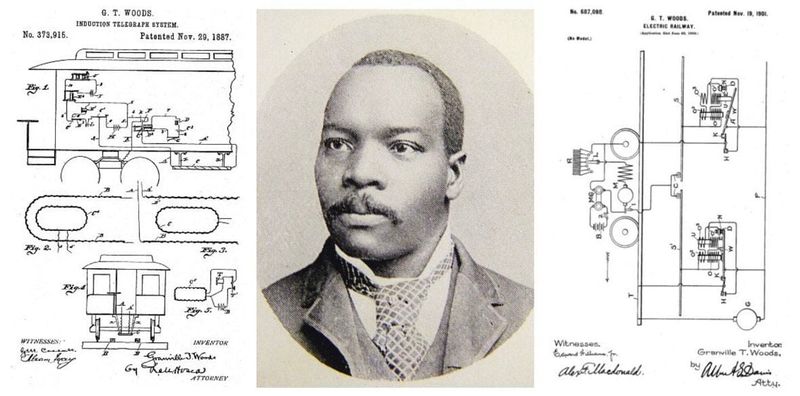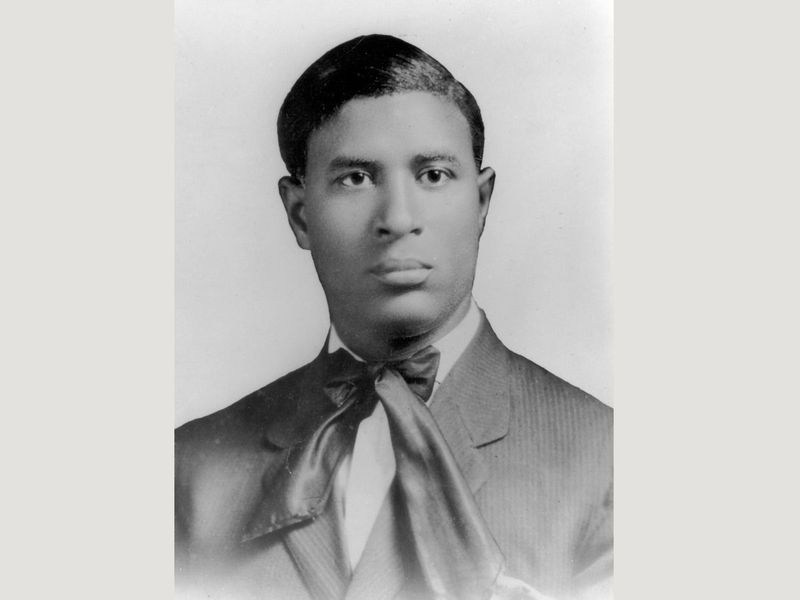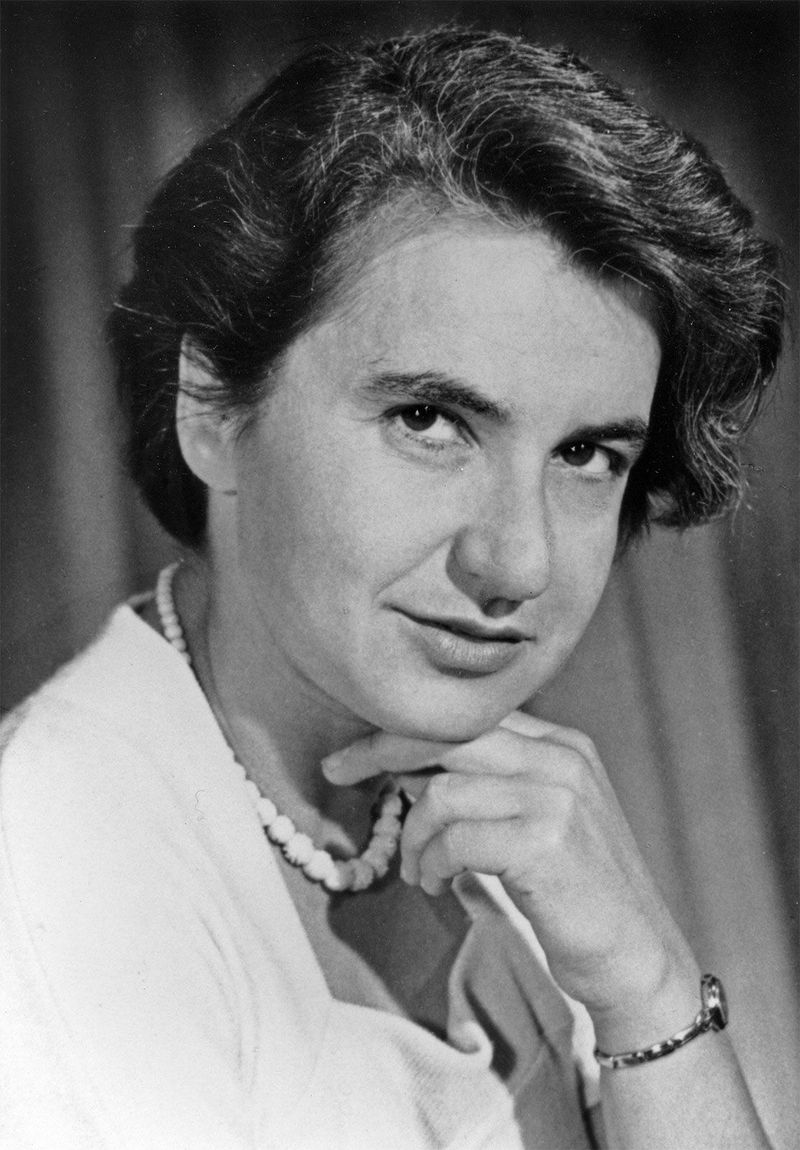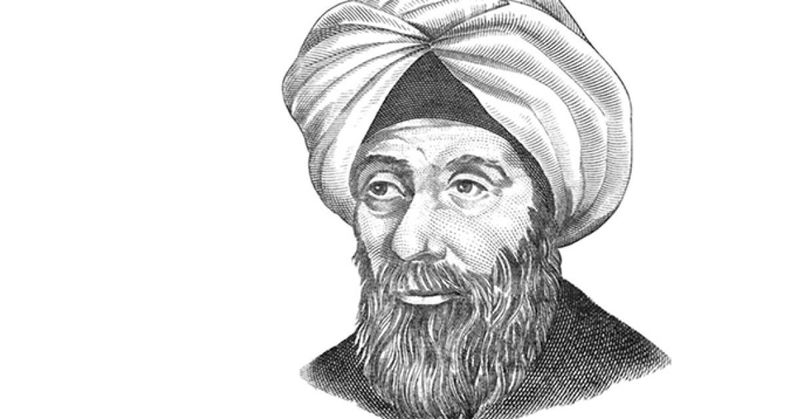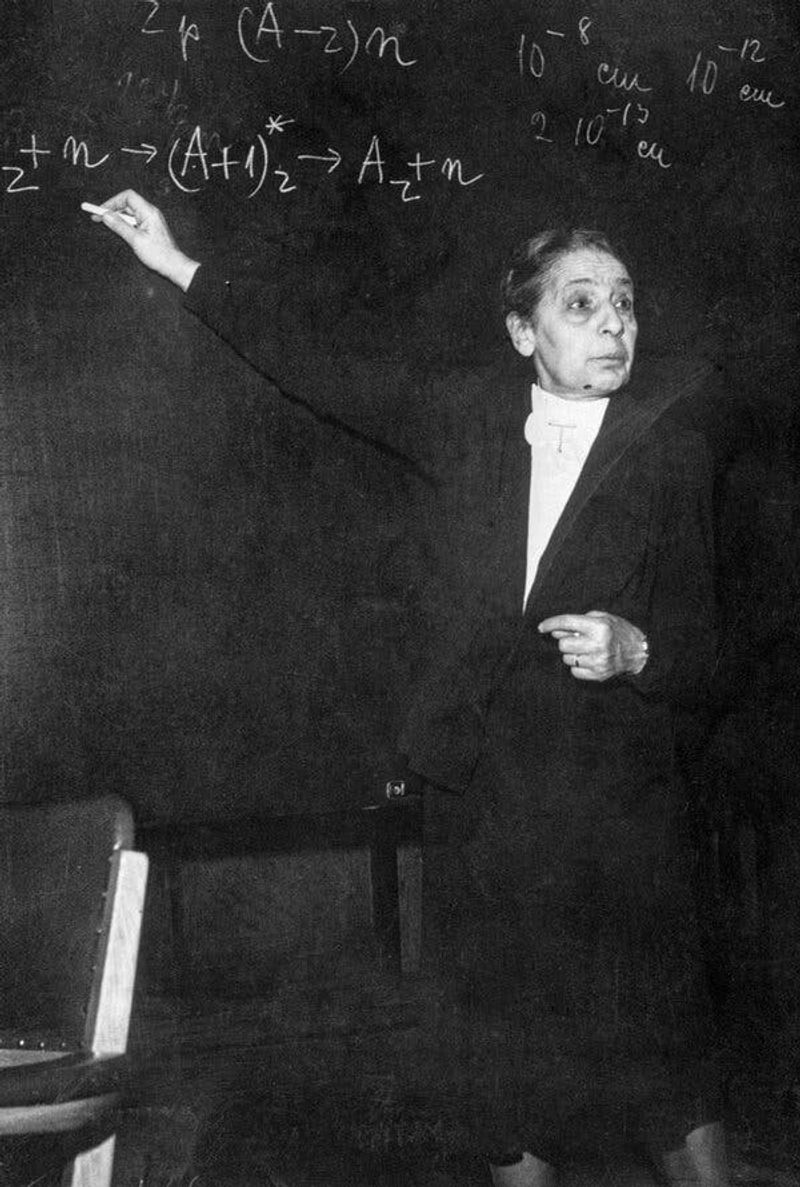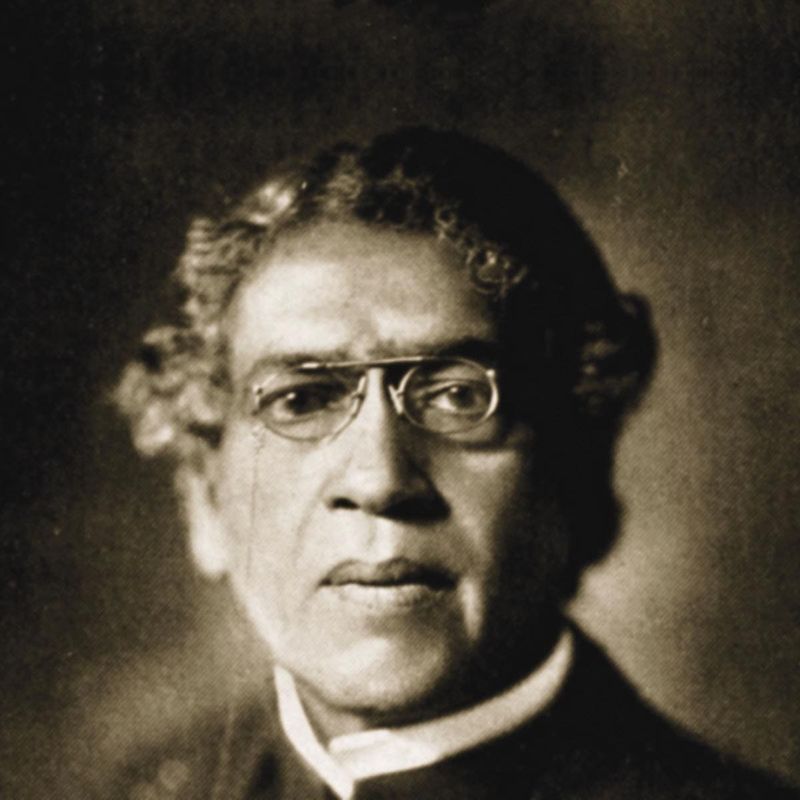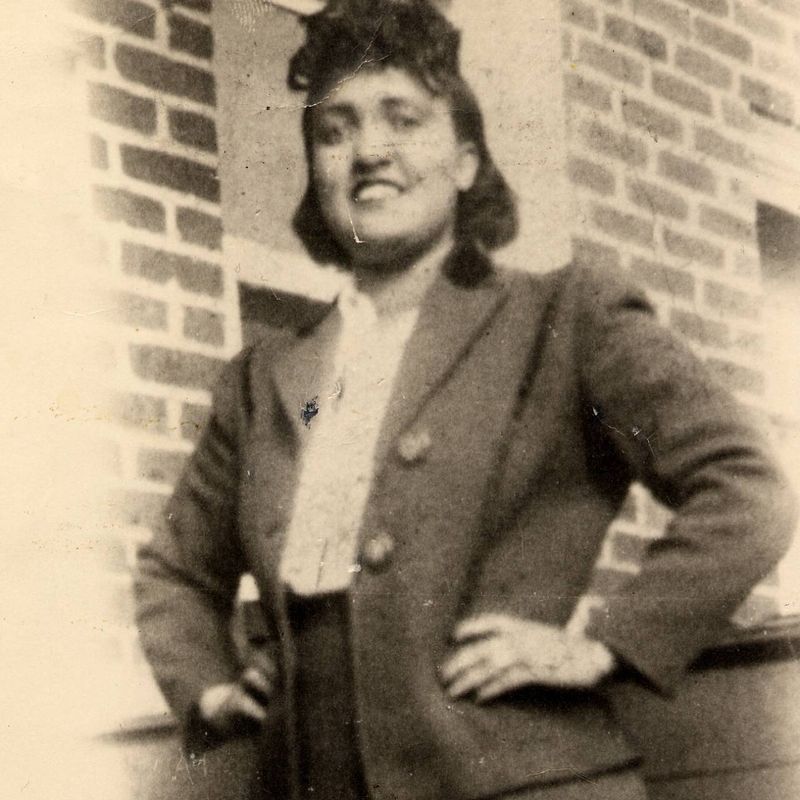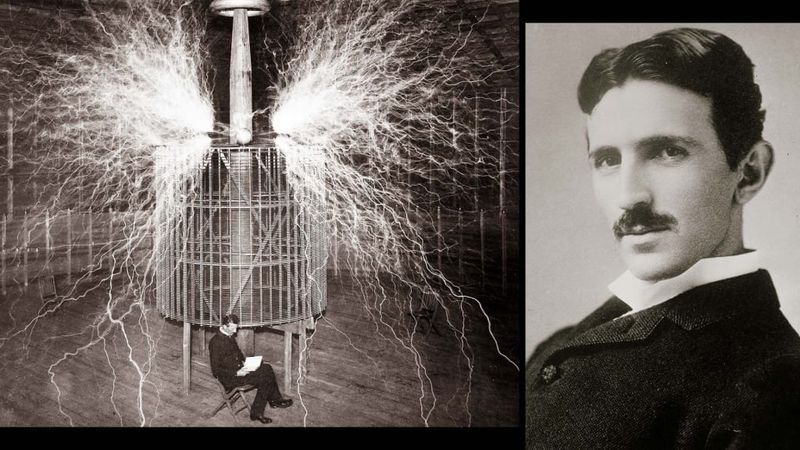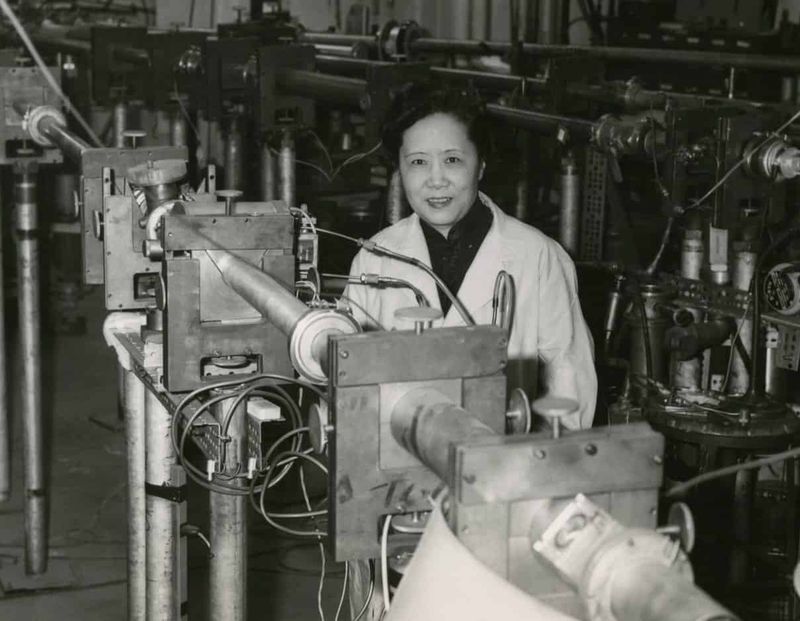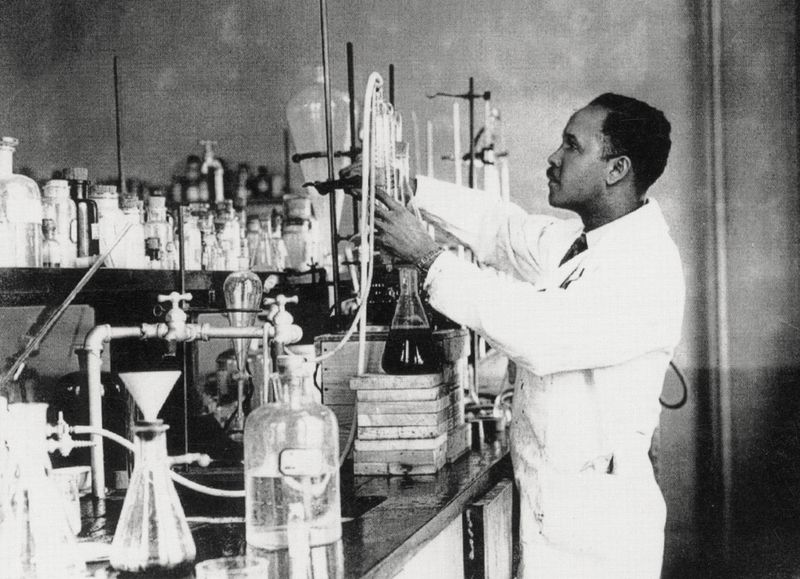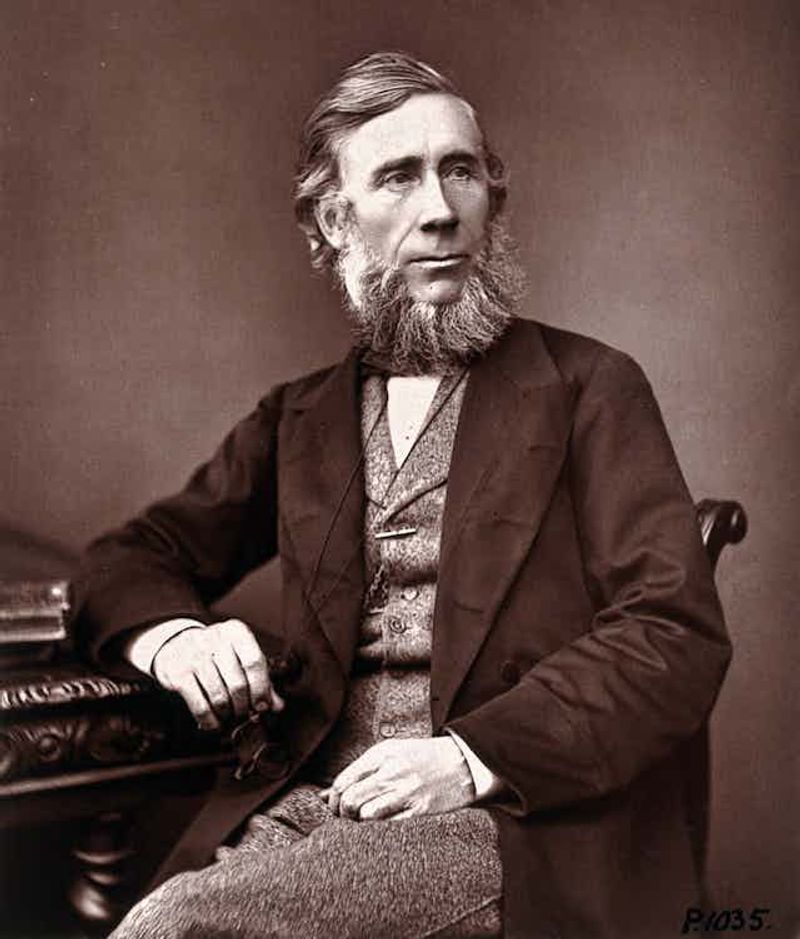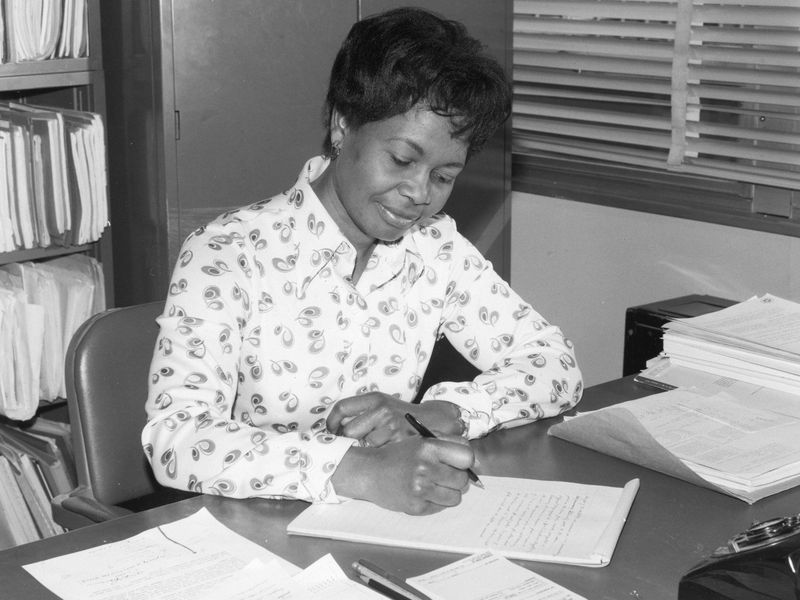History is littered with brilliant minds whose contributions have been overshadowed or forgotten due to various reasons such as racial bias, gender discrimination, and more. These individuals made significant discoveries and advancements that have shaped the world we live in today. In this blog post, we celebrate 17 such minds whose work has had a profound impact on science, technology, and society.
1. Alice Ball (1892–1916)
Alice Ball was a pioneering chemist whose work in developing the first effective treatment for leprosy saved countless lives. At just 23, she devised the “Ball Method,” a breakthrough that allowed patients to return to their families, free of the disease’s stigma. Tragically, a white colleague later took credit for her work, erasing her contributions from history. Despite her short life, Ball’s impact on medical science was profound, and her dedication to helping others remains her enduring legacy.
2. Mary Anning (1799–1847)
Mary Anning’s remarkable fossil discoveries laid the foundation for paleontology, yet she remains relatively unknown outside scientific circles. As a working-class woman, her contributions were often published under men’s names, overshadowing her true impact. Anning discovered the first ichthyosaur skeleton at just 12 and went on to find other significant fossils, including plesiosaurs. Her keen eye and perseverance in a male-dominated field paved the way for future paleontologists and transformed our understanding of prehistoric life.
3. Lewis Latimer (1848–1928)
Lewis Latimer’s brilliance shone in the shadow of giants like Edison and Bell. As an inventor, Latimer didn’t just improve the light bulb; he made it practical for everyday use with his invention of the carbon filament. Additionally, he played a crucial role in drafting Alexander Graham Bell’s telephone patent. Despite these achievements, Latimer’s contributions have been overshadowed due to racial and historical biases. His innovations in electrical engineering were pivotal, lighting the way for future technological advancements.
4. Eunice Newton Foote (1819–1888)
Eunice Newton Foote was a trailblazer in climate science, demonstrating the greenhouse effect of CO2 in 1856. Despite her groundbreaking findings, her work was presented by a man, leaving her contributions largely unrecognized. Her experiment showed that carbon dioxide could trap heat, laying the foundation for modern climate science. Foote’s research was decades ahead of its time, yet she remained in the shadows of history, a victim of gender bias. Her story is a reminder of the overlooked contributions of women in science.
5. Granville T. Woods (1856–1910)
Granville T. Woods was an inventive genius often referred to as the “Black Edison.” Despite his contributions, he is not widely recognized because Thomas Edison and others stole his patents. Woods invented the induction telegraph, a device critical for railway communication, enhancing safety and efficiency. Over his lifetime, he held more than 50 patents, many of which laid the groundwork for modern electronics. His legacy in early electrical engineering is undeniable, yet history has largely overlooked him due to the racial prejudices of his time.
6. Garrett Morgan (1877–1963)
Garrett Morgan was an ingenious inventor whose creations have saved countless lives. Despite facing racial discrimination, Morgan invented the gas mask, a life-saving device used by soldiers and firefighters. He also developed the three-position traffic signal, revolutionizing road safety. Morgan’s achievements required him to hire a white actor to pose as the inventor, illustrating the racial challenges he faced. His legacy is one of resilience and brilliance, with his inventions continuing to impact society today.
7. Rosalind Franklin (1920–1958)
Rosalind Franklin’s work was crucial to understanding the structure of DNA, yet she was denied the recognition she deserved during her lifetime. Her X-ray diffraction images provided the key evidence for the DNA double helix, but Watson and Crick received the Nobel Prize for the discovery. Despite this, Franklin’s meticulous research and dedication to scientific inquiry remain a cornerstone of molecular biology. Her story is a testament to the challenges faced by women in science and the importance of acknowledging their contributions.
8. Ibn al-Haytham (965–1040)
Ibn al-Haytham, a pioneer in the fields of optics and scientific methodology, made groundbreaking advances that predated Europe’s scientific revolution by centuries. His work laid the foundation for modern optics, with his theories on light and vision shaping future research. He also developed an early form of the scientific method, emphasizing experimentation and empirical evidence. Despite his significant contributions, Eurocentric narratives have often marginalized his achievements. Ibn al-Haytham’s legacy as a visionary scientist continues to inspire.
9. Lise Meitner (1878–1968)
Lise Meitner was a brilliant physicist whose work on nuclear fission was pivotal to the development of atomic science. Despite her contributions, she was overlooked for the Nobel Prize, which was awarded to her male colleague Otto Hahn. Meitner’s achievements were further overshadowed by the sexism and anti-Semitism she faced, forcing her to flee Nazi Germany. Her resilience and brilliance paved the way for future discoveries in nuclear physics, and her story remains a powerful reminder of the barriers women in science have overcome.
10. Jagadish Chandra Bose (1858–1937)
Jagadish Chandra Bose was a polymath who made significant contributions to both plant physiology and wireless technology. Despite facing colonial bias, Bose proved that plants have nervous systems, challenging contemporary scientific beliefs. He also pioneered work in wireless communication, preceding Marconi’s famous experiments. Bose’s interdisciplinary approach and innovative spirit were ahead of his time, yet his achievements were often downplayed due to racial and colonial prejudices. His legacy continues to be celebrated in India and beyond.
11. Henrietta Lacks (1920–1951)
Henrietta Lacks was an unwitting pioneer in medical science, her cells becoming one of the most important tools in medicine. Known as HeLa cells, they have been used in groundbreaking research leading to the polio vaccine, cancer treatments, and more. Despite their scientific value, Lacks’ cells were taken without her consent, and her family was left in poverty. Her story raises ethical questions about consent and recognition in medical research, highlighting the need for reform and transparency in scientific practices.
12. Nikola Tesla (1856–1943)
Nikola Tesla, a visionary inventor, was responsible for some of the most significant advancements in electrical engineering, including alternating current (AC) power, radio, and wireless communication. Often overshadowed by Edison due to smear campaigns and corporate sabotage, Tesla died penniless, despite his revolutionary contributions. His imagination and creativity knew no bounds, and his inventions have profoundly influenced modern technology. Tesla’s legacy is celebrated today as a symbol of innovation and the spirit of scientific inquiry.
13. Chien-Shiung Wu (1912–1997)
Chien-Shiung Wu was a trailblazing physicist whose work overturned fundamental laws of physics. Her “Wu Experiment” disproved the law of parity, reshaping our understanding of particle physics. Despite her pivotal role, Wu’s male colleagues received the Nobel Prize, highlighting the gender biases in the field. Known as the “First Lady of Physics,” Wu’s contributions were instrumental in advancing nuclear science. Her story is one of perseverance and excellence, inspiring future generations of women in physics to continue breaking barriers.
14. Percy Julian (1899–1975)
Percy Julian was a pioneering chemist whose work in synthesizing cortisone and birth control hormones transformed medicine. Despite facing relentless racism, Julian’s innovations in organic chemistry paved the way for affordable medicine and treatment options. His ability to overcome societal barriers and make groundbreaking discoveries is a testament to his determination and intellect. Julian’s legacy is one of courage and ingenuity, as he broke new ground in the field of chemistry, contributing to the betterment of society.
15. Hypatia of Alexandria (~360–415 AD)
Hypatia of Alexandria was one of the greatest mathematicians and astronomers of antiquity, yet her life was tragically cut short by religious extremism. As a female scholar in a male-dominated world, Hypatia made significant contributions to mathematics, philosophy, and astronomy. Her work in developing astrolabes and hydrometers was groundbreaking. Despite her achievements, she was murdered by a mob, symbolizing the loss of intellectual freedom. Hypatia’s story is a powerful reminder of the fragility of knowledge and the enduring fight for gender equality in academia.
16. John Tyndall (1820–1893)
John Tyndall was a prominent scientist whose work explained why the sky is blue and discovered the greenhouse effect. Despite these accomplishments, he was overshadowed by contemporaries like Faraday and Pasteur. Tyndall’s investigations into atmospheric phenomena and radiation laid the groundwork for climate science. His ability to communicate complex ideas with clarity and precision made his work accessible and influential. Tyndall’s legacy as a pioneer of atmospheric physics continues to be recognized, highlighting the importance of scientific communication.
17. Gladys West (b. 1930)
Gladys West’s mathematical calculations were essential in developing GPS technology, a tool that has become indispensable in modern life. Despite her contributions, West’s work went largely unrecognized for decades, a victim of the “Hidden Figures” syndrome. Her perseverance and expertise in satellite geodesy have revolutionized navigation and location-based services. As recognition of her work grows, West’s story is an inspiring testament to the crucial role of women and African Americans in STEM fields. Her legacy continues to guide us in understanding and exploring our world.
